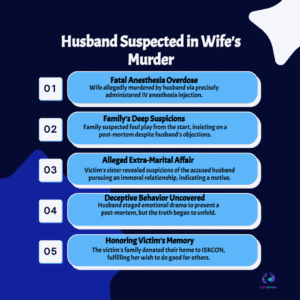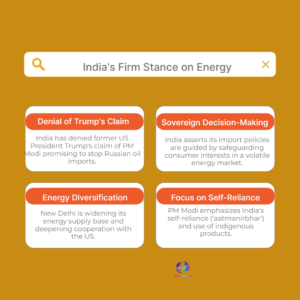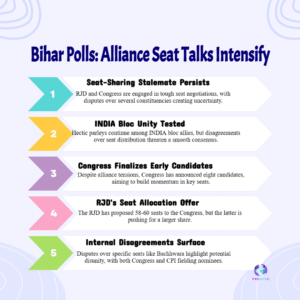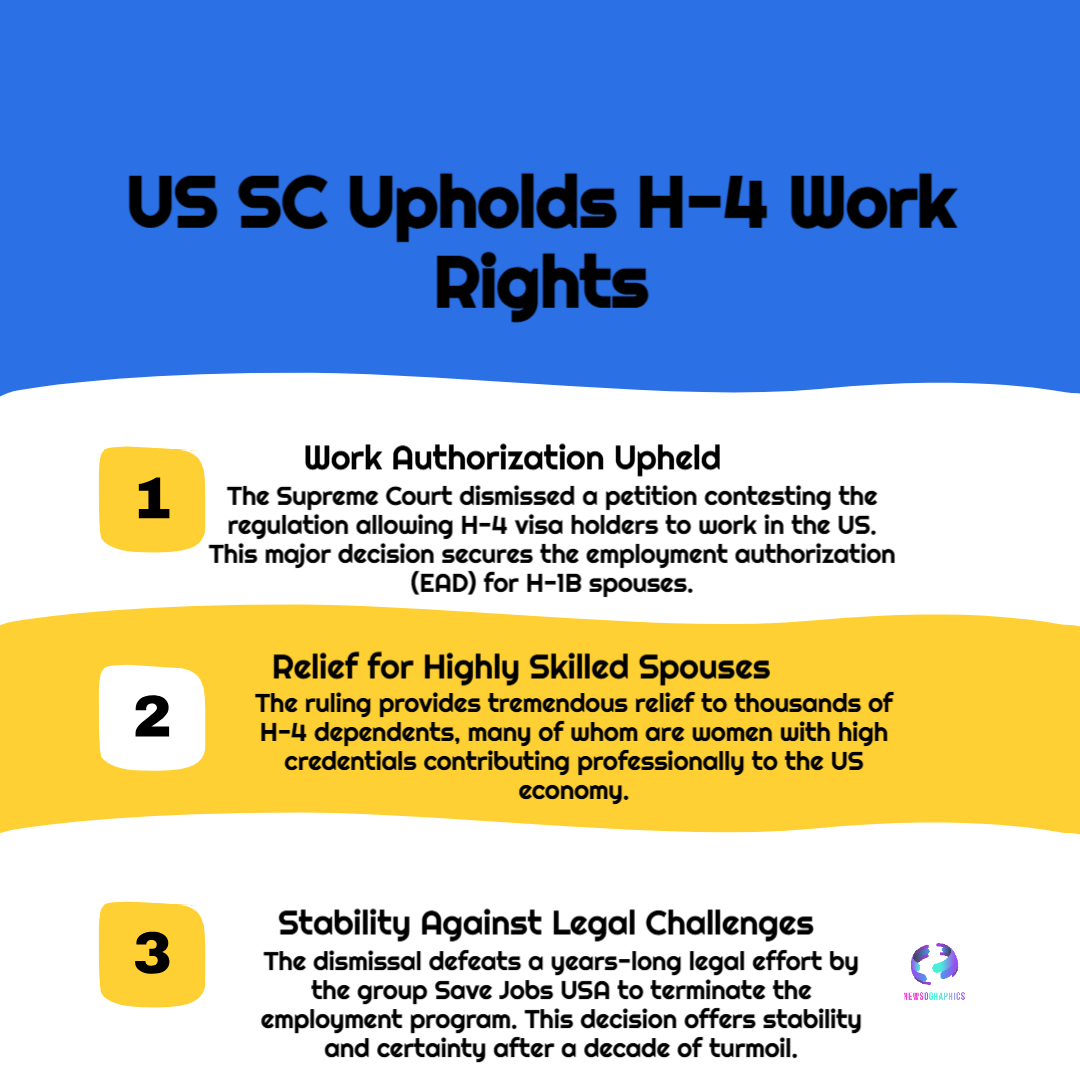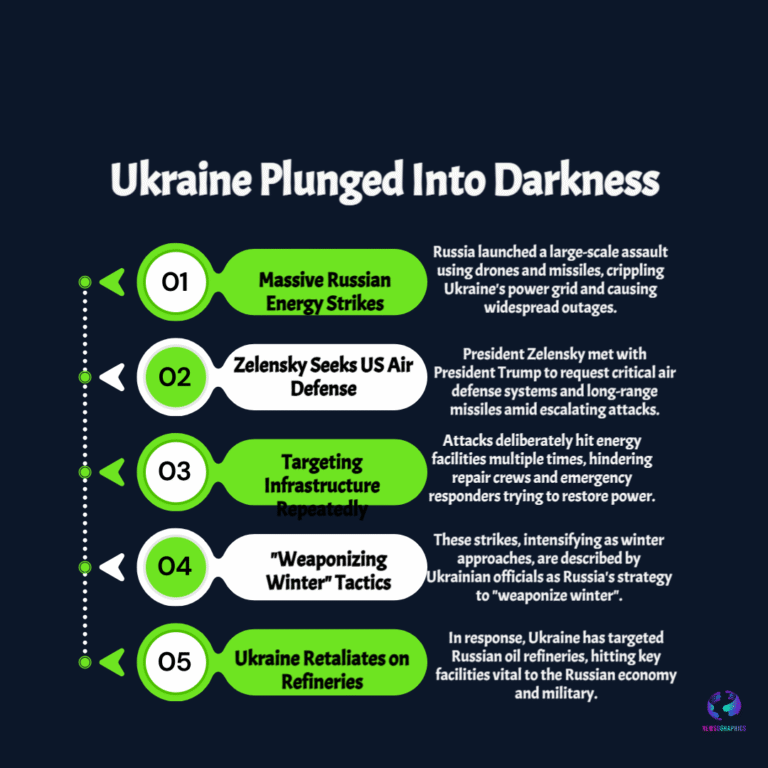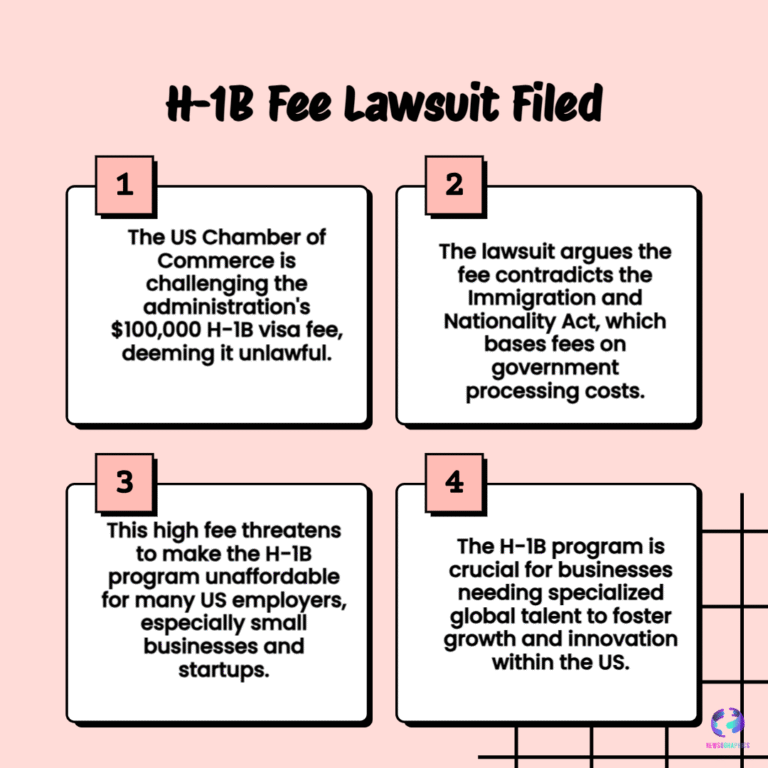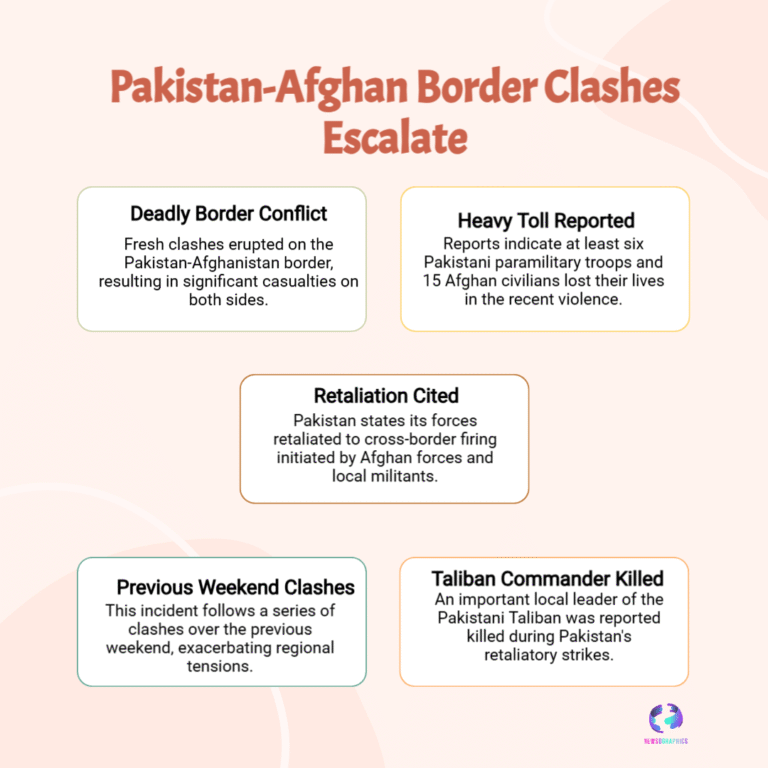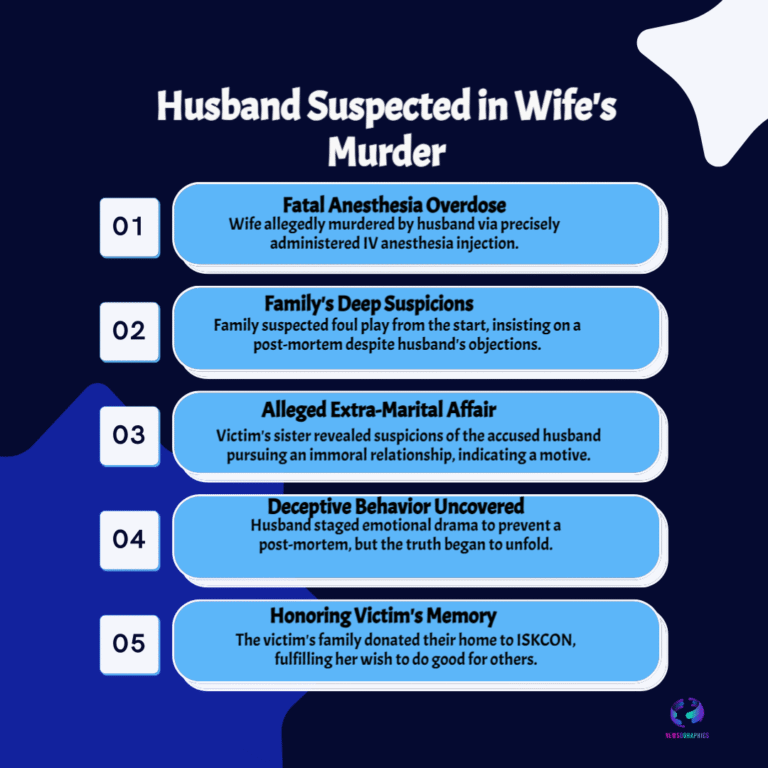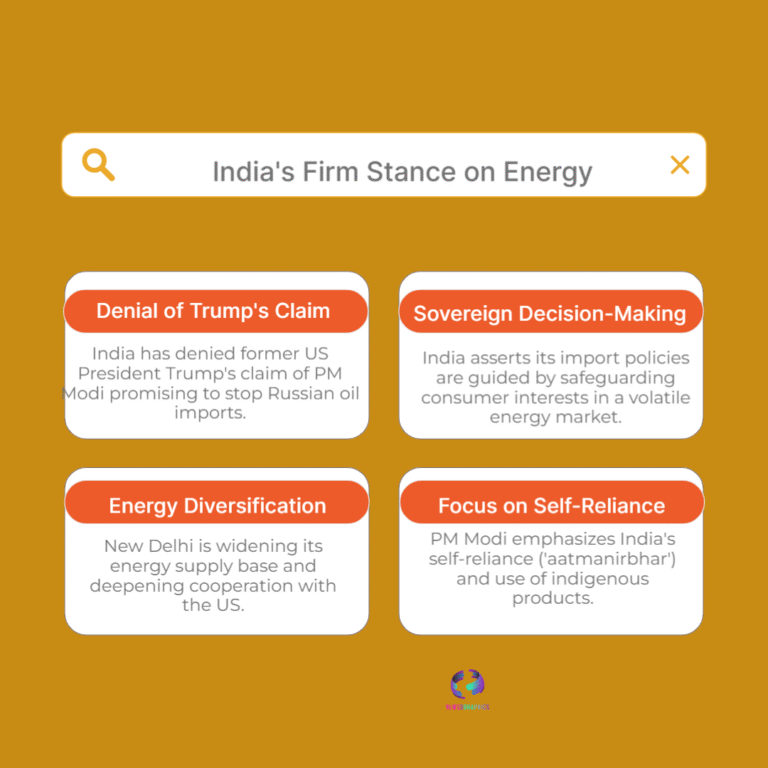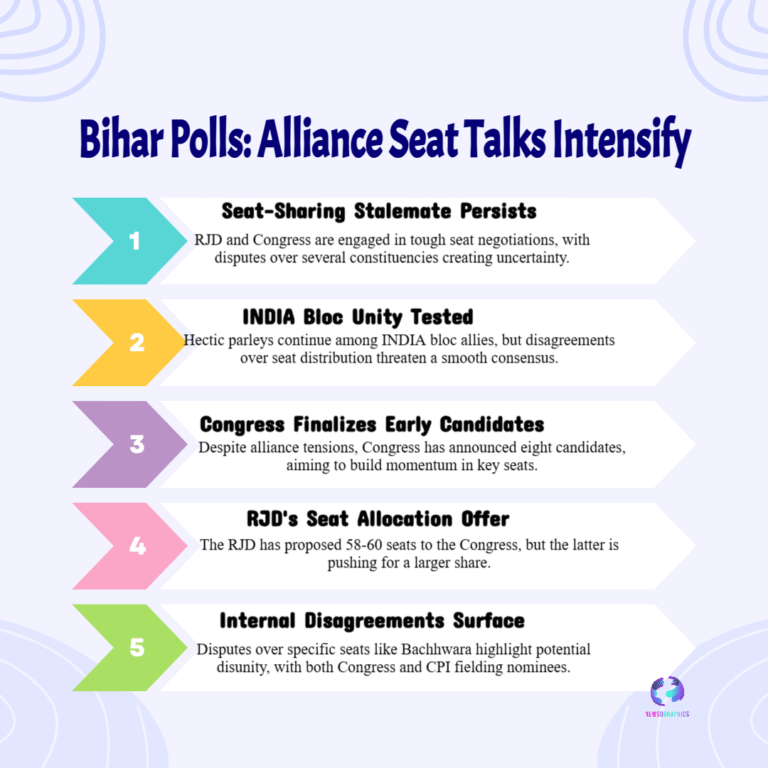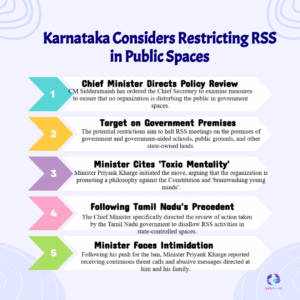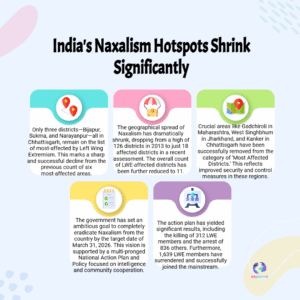The US Supreme Court declined to review a legal challenge to H-4 work permits in October 2025, preserving employment rights for thousands of H-1B spouses. Read a clear 600-word summary on the ruling, industry impact, legal background and what it means for families and employers.
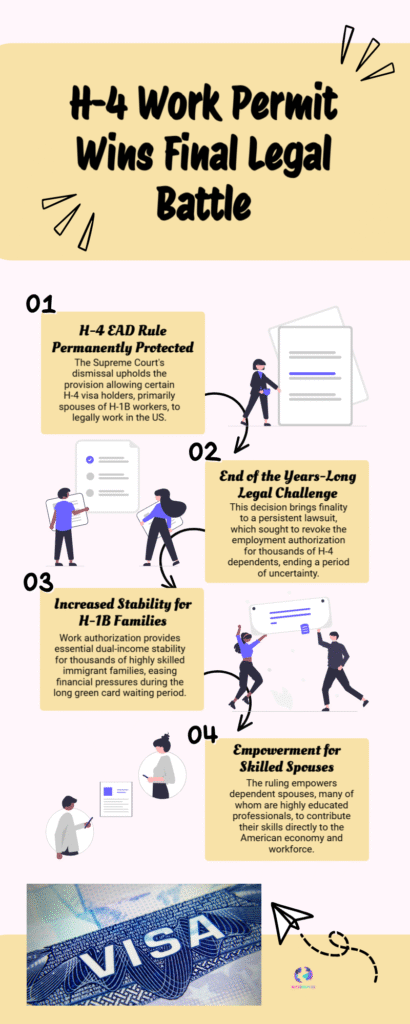
The US Supreme Court on October 14–15, 2025 declined to hear a petition seeking to overturn the rule that allows certain H-4 visa holders — spouses of H-1B workers — to receive Employment Authorization Documents (EAD). The refusal to take up the case delivers immediate relief to thousands of dependents who rely on work authorization to pursue careers, contribute to household income and fill roles across health care, technology, education and finance.
The challenge was brought by Save Jobs USA, a group that argued federal immigration statutes do not permit the Department of Homeland Security (DHS) to authorize employment for H-4 dependents. Save Jobs USA has long maintained that H-4 holders compete with US workers for jobs, and it asked the high court to undo a 2015 regulation that created H-4 EADs. The D.C. Circuit had already rejected that argument in earlier rulings, and the Supreme Court’s decision not to intervene leaves the appeals-court judgment intact.
The H-4 EAD program dates to regulations first adopted in 2015; since then DHS has issued employment authorization to a large number of H-4 dependents, enabling many highly qualified spouses to work while waiting for green cards. Courts have weighed the policy against shifting administrative-law standards such as the post-Chevron landscape, but the D.C. Circuit found the H-4 rule lawful on its merits — a conclusion now unchallenged at the Supreme Court level. The decision therefore reduces short-term legal uncertainty for H-4 workers and their employers.
Why this matters: the H-1B visa system remains a cornerstone of US high-skill immigration, particularly for the tech sector, and H-4 work permits have become a practical safety valve for families stuck in the multi-year green card backlog. Removing or restricting H-4 EADs would not only affect household incomes but also worsen retention challenges for US companies that sponsor H-1B workers. Analysts and immigrant-rights advocates say the program has allowed many spouses — often highly educated professionals — to enter the workforce, start businesses and contribute to tax revenue and local economies.
What to watch next: whether DHS issues further guidance or rulemaking that could narrow eligibility; any legislative moves in Congress touching H-1B or related family-based work permissions; and how employers adjust recruitment and retention strategies in sectors where H-4 EAD holders are concentrated. Observers also expect continued advocacy from both industry groups and organizations like Save Jobs USA — meaning the H-4 debate will likely remain part of the broader U.S. immigration policy conversation.

